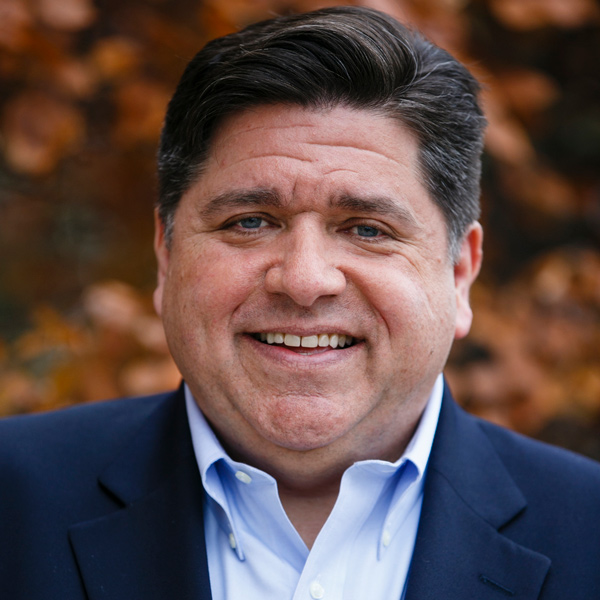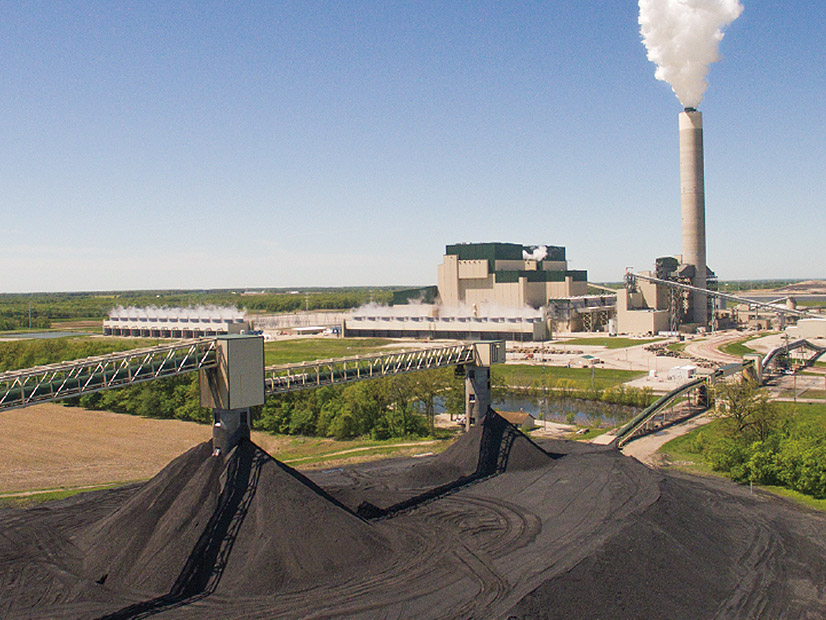The Illinois Senate spent most of Tuesday afternoon this week in a special summer session, much of it in closed-door party caucuses, in an unsuccessful effort to wrangle a new version of comprehensive legislation ending all power plant carbon emissions by 2045 while saving high-paying nuclear jobs with another bailout of Exelon’s nuclear power plants.

In remarks after the session, Senate President Don Harmon (D) said he thought the Senate would return to the statehouse before August to vote on a compromise bill.
“We came up short today, but we will get it done. We are this close to getting it done, and I know some of the parties will be meeting again as soon as tonight,” Harmon said in a brief news conference.
The deal, broadly outlined in a memo from Gov. J.B. Pritzker on June 10, would have phased out all the state’s coal-burning power plants by 2035 and gas plants by 2045 while providing $694 million in new financial support over five years to Exelon’s Bryon, Dresden and Braidwood nuclear plants.

Subsidizing Exelon — only 11 months after its subsidiary Commonwealth Edison agreed to pay $200 million in federal fines as part of a “deferred prosecution agreement” to resolve charges that it bribed Illinois public officials over several years — was expected to be a political obstacle. Exelon has threatened to close at least two of its nuclear plants immediately without the state subsidy because they cannot compete with fossil plants or renewable generation.
But the sticking point was reportedly a clash between environmental groups pushing for the carbon reductions and organized labor trying to protect jobs at power plants. Both groups are key supporters of Democrats in the state.
The governor’s plan as presented would have forced the early closing of the coal-fired Prairie State power plant, built by nine public power agencies and serving 285 communities across eight states. The municipal systems face long-term debt obligations beyond 2035, the year when all coal-fired plants would be forced to close.
The governor’s memo specifically noted Prairie State would not be spared: “An exemption for the nation’s seventh largest polluter remains unacceptable to the governor, as well as the nearly 50 legislators that have indicated they will not support a bill that does so.”
But Pritzker did propose allocating additional funding for development of carbon capture and sequestration, one way to keep Prairie State operating beyond 2035, assuming the geology in the region would accept the carbon dioxide injections under high pressure.
Following the Senate’s departure without voting, the Illinois Clean Jobs Coalition, a group of about 200 consumer, business, environmental, environmental justice, health care, faith-based and student organizations, issued its reaction.
“On May 31, there was a tentative deal on a comprehensive energy bill, but it was stopped at the last minute. On June 1, Senate President Harmon said he ‘stand[s] with the governor on decarbonization targets that need to be in a final deal,’ but now the Senate is headed home without action on that plan. Thousands of union workers and solar installers may now lose their jobs, while the climate crisis worsens, and Black and Brown communities continue to struggle.”



